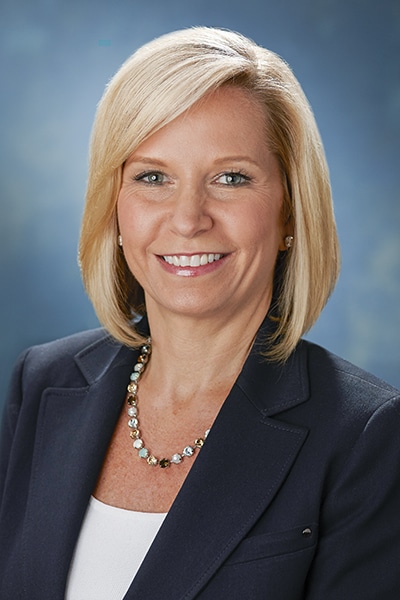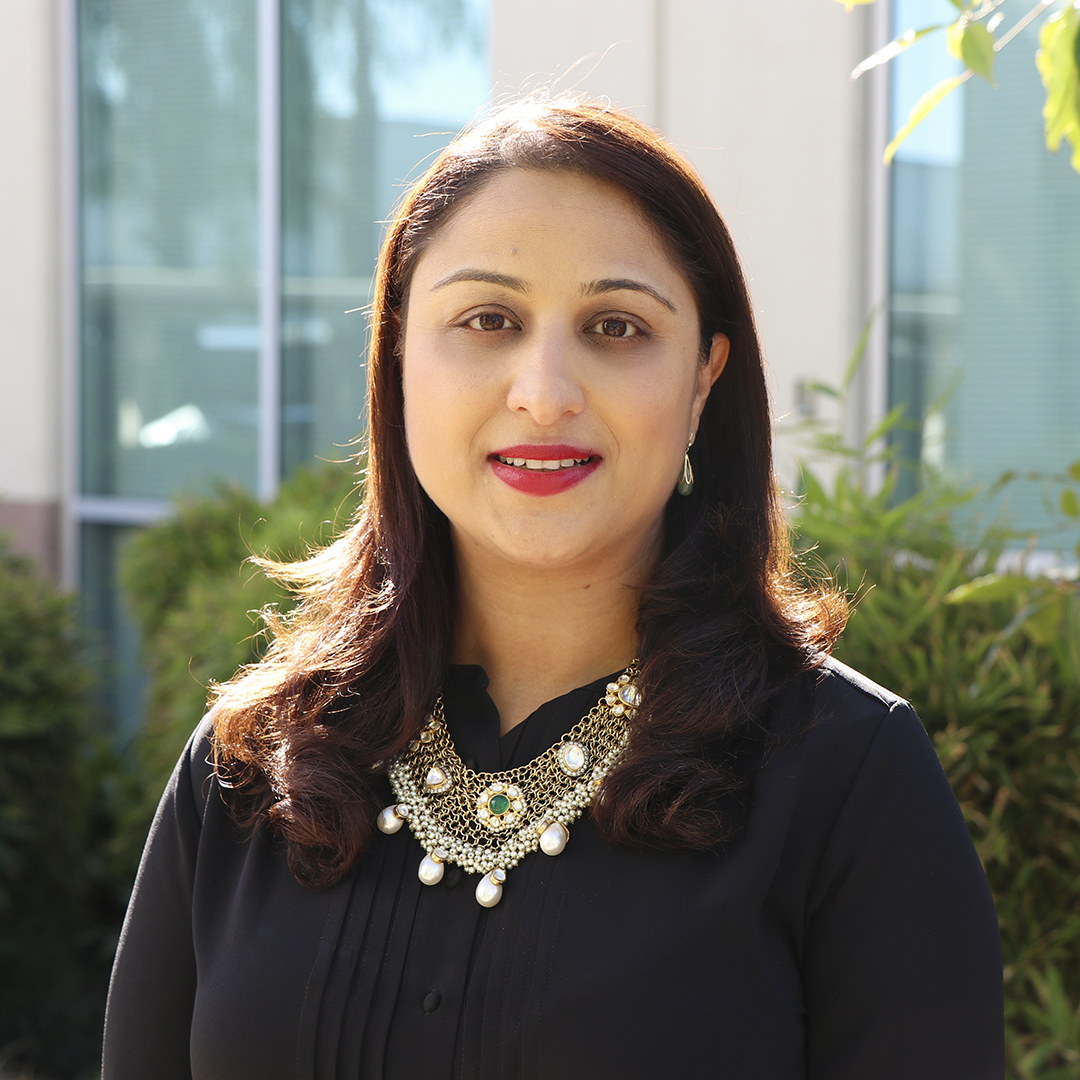When Biogen saw its first clinical trial results from Aducanumab, a potential treatment for Alzheimer’s disease, the company knew it might be on to something big. The drug, now in Phase 3 clinical studies, could be one of the first viable treatments for Alzheimer’s, which affects more than five million Americans and forty-four million people worldwide.
Until this point, Biogen’s focus had been on multiple sclerosis, which has a much smaller patient population, an estimated 2.3 million worldwide. Melissa Seymour, vice president, global quality control at Biogen, knew that if Aducanumab were approved, the organization would need to adapt. “This could truly be life-changing for millions of patients,” she says. “But it brings Biogen the daunting challenge of ensuring rapid and consistent supply of product to a very large population.”

To meet that challenge, and to maintain a process of continuous improvement, Biogen has embarked on a vision to realize the “lab of the future,” a project known within the organization as iQC. The “i” stands for three qualities that Biogen leaders deemed integral to the lab: that it be innovative, integrated, and intelligent; QC is for quality control.
Seymour, who has spent more than twenty years in the quality space and serves as the iQC’s executive cosponsor, says Biogen’s labs were scientific, compliant, and solid, but there were things that could be improved. Electronic systems and instruments relied on manual interactions and translation of data. Over time, systems had grown highly customized to specific sites, assays, and even individual’s preferences. There was no clear end-to-end visibility of sample traceability. And they were not taking advantage of the latest advances in technology.
“All of this can lead to massive inefficiency, lost time, and increased risk of errors,” Seymour explains.
Biogen started iQC in 2015 and has a target completion date of 2020. With a $13 million investment, the project is being implemented in Biogen’s new state-of-the-art facility in Solothurn, Switzerland, as well as in its existing labs in Hillerod, Denmark, and Research Triangle Park, North Carolina.
“It is imperative that we have laboratory operations that can support the testing and release of quality products, says Seymour. “Our goal with iQC is to provide increased testing capacity and the ability to reduce cycle times as well as lower system, equipment, and infrastructure maintenance costs.”
“Our first lab of the future consortium helped bring companies together that shared the same urgency to improve overall lab operations in terms of cost and efficiency, reduce cycle time, and improve on-time delivery, due to the increased pressure on overall cost and service level,” says Rafi Maslaton, founder of cResults and maker of Smart-QC.
Seymour thinks of iQC as having three main aspects: science, systems and staff.
“The science is driven by new and innovative technologies that will reduce our testing time and increase our knowledge,” she explains. For example, the lab incorporates Growth Direct rapid bioburden testing that utilizes blue LED and fluorescence to detect bioburden in three days down from seven, and Next Generation Sequencing for adventitious virus testing that could reduce testing time from more than twenty-eight days to six days or fewer.
“Implementation of these types of technologies can reduce errors and increase turnaround times while also ensuring compliance,” Seymour explains.
Among the new systems, Biogen has already implemented its first phase of Labware 7.0, with more than fifty electronic lab notebooks (ELNs), as well as instrument integrations and sample management. Additional integrations to manufacturing and planning systems will come in 2019. With the ELNs, Biogen can standardize and guide method execution to reduce errors and increase efficiency. “This also puts data at our fingertips and provides a single source of truth,” Seymour explains. “Integration of systems and transfer of data leads to more robust and reliable data.”
“Working closely with customers like Biogen is essential to our business,” says Vance Kershner, president at laboratory information management systems producer LabWare. “Our enterprise platform is a key element in the iQC initiative, and we’re delighted to be involved in such a strategic program.”
But the most important aspect of iQC, in Seymour’s opinion, is staff.
“Operating in a new way requires a cultural shift, and we have spent lot of time in change management,” Seymour says. She wanted to prevent a situation where the system launched but the teams needed six months or a year to adapt, so Biogen brought in a change-management consultant and held open sessions throughout the process, which allowed analysts to test the system and provide feedback as it was being developed.
Seymour is convinced that giving the analysts this opportunity for input and visibility—and truly listening to them—has been the most important factor in moving the project forward. “It is the end users that ultimately have to adopt a new way of working, and it is critical to bring them along on the journey,” she says.
Seymour says she has a new appreciation for how difficult standardization can be. For instance, she uncovered thirteen different methods within Biogen for measuring pH. “It took a lot of discussion and debate to align on one way of working,” she says. “People are very attached to the way that they work, and it is a process to align.”
While the changes for analysts have been significant, Seymour says the feedback has been overwhelmingly positive, and that they see the bigger picture.
The end-to-end sample management that was on Seymour’s wish list of improvements is now one of iQC’s success stories. Today, the system prompts manufacturers to pull the sample, a label is generated, and everyone knows where the sample is and whether it’s been tested.
“That was a big success and a process that touched warehouse manufacturing, sample control people, laboratory people, and QA on the backend-release process,” Seymour explains. “You must realize that no organization can live in a silo.”
Seymour is excited for the potential that iQC can have on patients, and says her biggest takeaway is the importance of harnessing the talent of the team around her to bring the vision to fruition. “I get to work with great people who have great ideas and great passion for what they do. Working through problems, debating issues, developing employees is all super rewarding,” she says.
Rapid Micro Biosystems is the leading provider of automated, nondestructive, rapid microbial detection. We are proud to partner with Melissa Seymour’s team at Biogen as they automate their Bioburden and EM testing. To learn more about our Growth Direct system and accelerate your time to results, please visit www.rapidmicrobio.com


